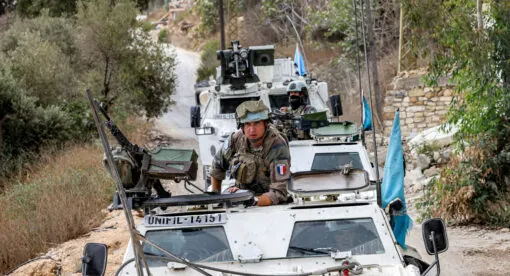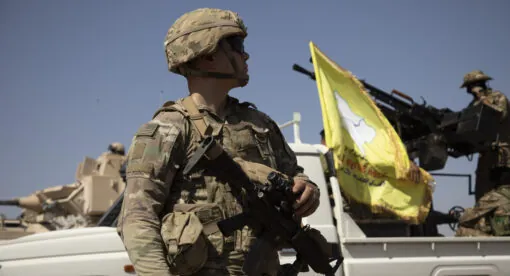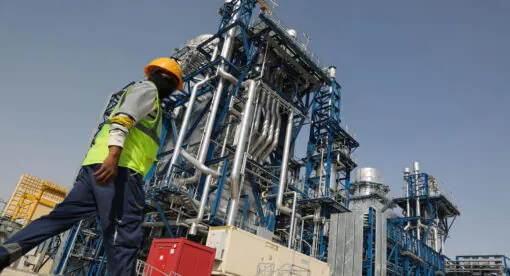This report is part of the larger anthology “Insights into Albania: Internal Struggles and Geopolitical Challenges in the Western Balkans”
Read the report here
Read the full anthology here
A comprehensive overhaul of the justice system was imposed on Albania from outside, and the results have fallen well short of expectations. The fight against Albania’s corrupt judicial system has left the country with a profound shortage of judges – and justice.
In June 2024, Albanians were shocked when anticorruption officials arrested Aurel Zarka, the chief prosecutor of Vlora District, one of the most important in the country. Zarka, who had just weeks before comfortably passed a vetting process intended to rid the judicial branch of criminally compromised prosecutors, was charged with colluding with drug traffickers. Ironically, the vetting process has been a main component of ongoing justice reform in Albania, as was the establishment of the special prosecution unit that ordered Zarka’s arrest.
This development showed the two sides of the reform that is still dividing Albanians, almost a decade since its start. Some consider it a failure because of the disruption of due process that it has brought about, while others believe it has started to bring the desired results in fighting high-level corruption. However, there has been no objective account or analysis of this consequential reform. This essay attempts to highlight some of the main issues in its design and implementation.
Neritan Sejamini is a strategy consultant and political analyst. He has three decades of experience in policy analysis and strategic decision making, working for public and private organizations in Albania and the Western Balkans. He is founder and executive director of the New Policy Group, a policy research organization in Tirana. He writes and comments about politics in Albania and the region. He is a graduate of University of Tirana and the University of Chicago.
The views expressed in this article are those of the author and not an official policy or position of New Lines Institute.






